Paul Sullivan
An Automated Machine Learning Framework for Surgical Suturing Action Detection under Class Imbalance
Feb 10, 2025

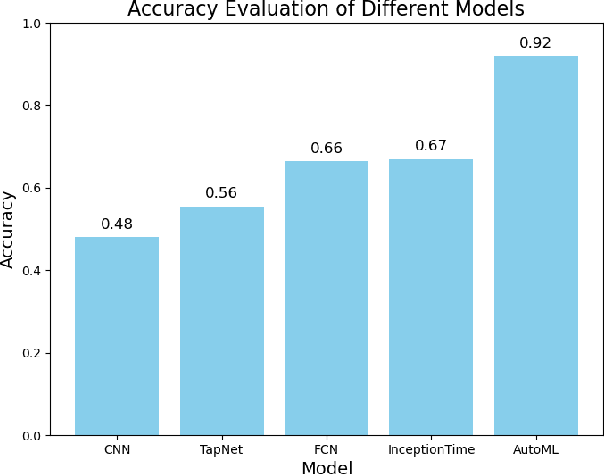
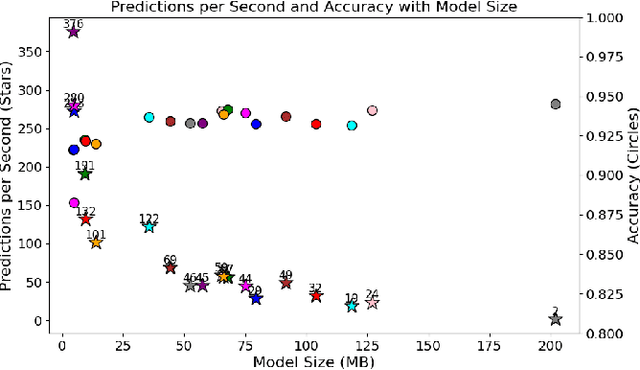
Abstract:In laparoscopy surgical training and evaluation, real-time detection of surgical actions with interpretable outputs is crucial for automated and real-time instructional feedback and skill development. Such capability would enable development of machine guided training systems. This paper presents a rapid deployment approach utilizing automated machine learning methods, based on surgical action data collected from both experienced and trainee surgeons. The proposed approach effectively tackles the challenge of highly imbalanced class distributions, ensuring robust predictions across varying skill levels of surgeons. Additionally, our method partially incorporates model transparency, addressing the reliability requirements in medical applications. Compared to deep learning approaches, traditional machine learning models not only facilitate efficient rapid deployment but also offer significant advantages in interpretability. Through experiments, this study demonstrates the potential of this approach to provide quick, reliable and effective real-time detection in surgical training environments
SmartBook: AI-Assisted Situation Report Generation
Mar 28, 2023Abstract:Emerging events, such as the COVID pandemic and the Ukraine Crisis, require a time-sensitive comprehensive understanding of the situation to allow for appropriate decision-making and effective action response. Automated generation of situation reports can significantly reduce the time, effort, and cost for domain experts when preparing their official human-curated reports. However, AI research toward this goal has been very limited, and no successful trials have yet been conducted to automate such report generation. We propose SmartBook, a novel task formulation targeting situation report generation, which consumes large volumes of news data to produce a structured situation report with multiple hypotheses (claims) summarized and grounded with rich links to factual evidence. We realize SmartBook for the Ukraine-Russia crisis by automatically generating intelligence analysis reports to assist expert analysts. The machine-generated reports are structured in the form of timelines, with each timeline organized by major events (or chapters), corresponding strategic questions (or sections) and their grounded summaries (or section content). Our proposed framework automatically detects real-time event-related strategic questions, which are more directed than manually-crafted analyst questions, which tend to be too complex, hard to parse, vague and high-level. Results from thorough qualitative evaluations show that roughly 82% of the questions in Smartbook have strategic importance, with at least 93% of the sections in the report being tactically useful. Further, experiments show that expert analysts tend to add more information into the SmartBook reports, with only 2.3% of the existing tokens being deleted, meaning SmartBook can serve as a useful foundation for analysts to build upon when creating intelligence reports.
Uncertainty Aware AI ML: Why and How
Sep 20, 2018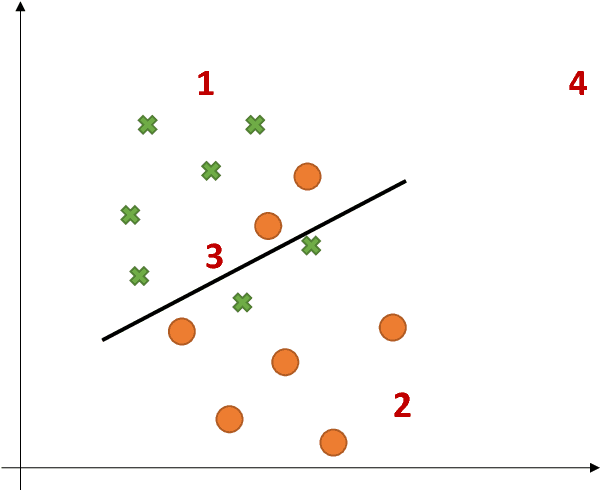
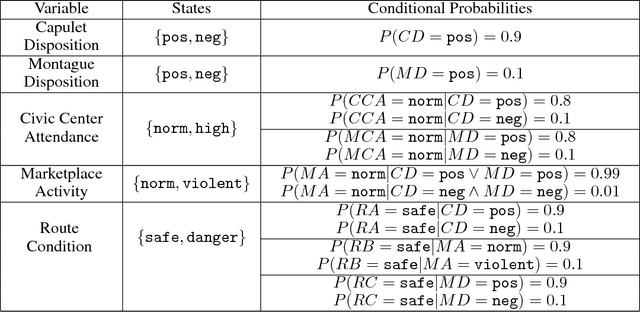
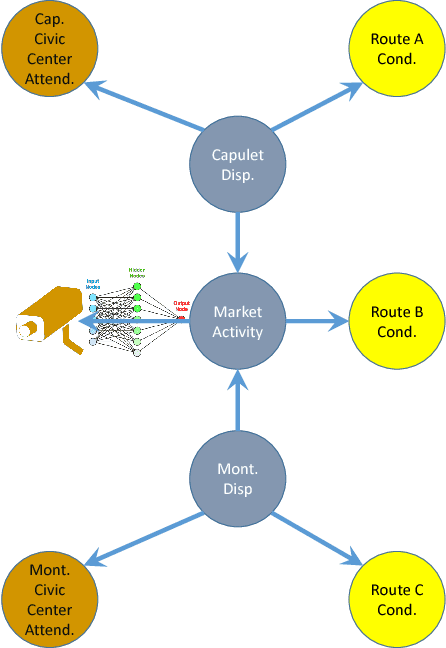
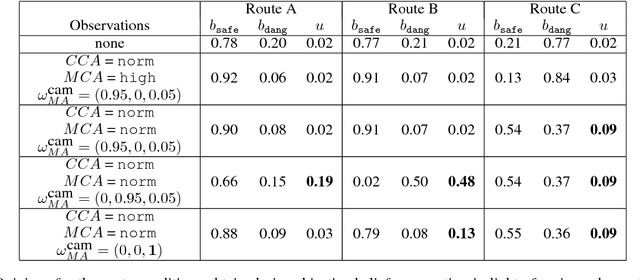
Abstract:This paper argues the need for research to realize uncertainty-aware artificial intelligence and machine learning (AI\&ML) systems for decision support by describing a number of motivating scenarios. Furthermore, the paper defines uncertainty-awareness and lays out the challenges along with surveying some promising research directions. A theoretical demonstration illustrates how two emerging uncertainty-aware ML and AI technologies could be integrated and be of value for a route planning operation.
 Add to Chrome
Add to Chrome Add to Firefox
Add to Firefox Add to Edge
Add to Edge